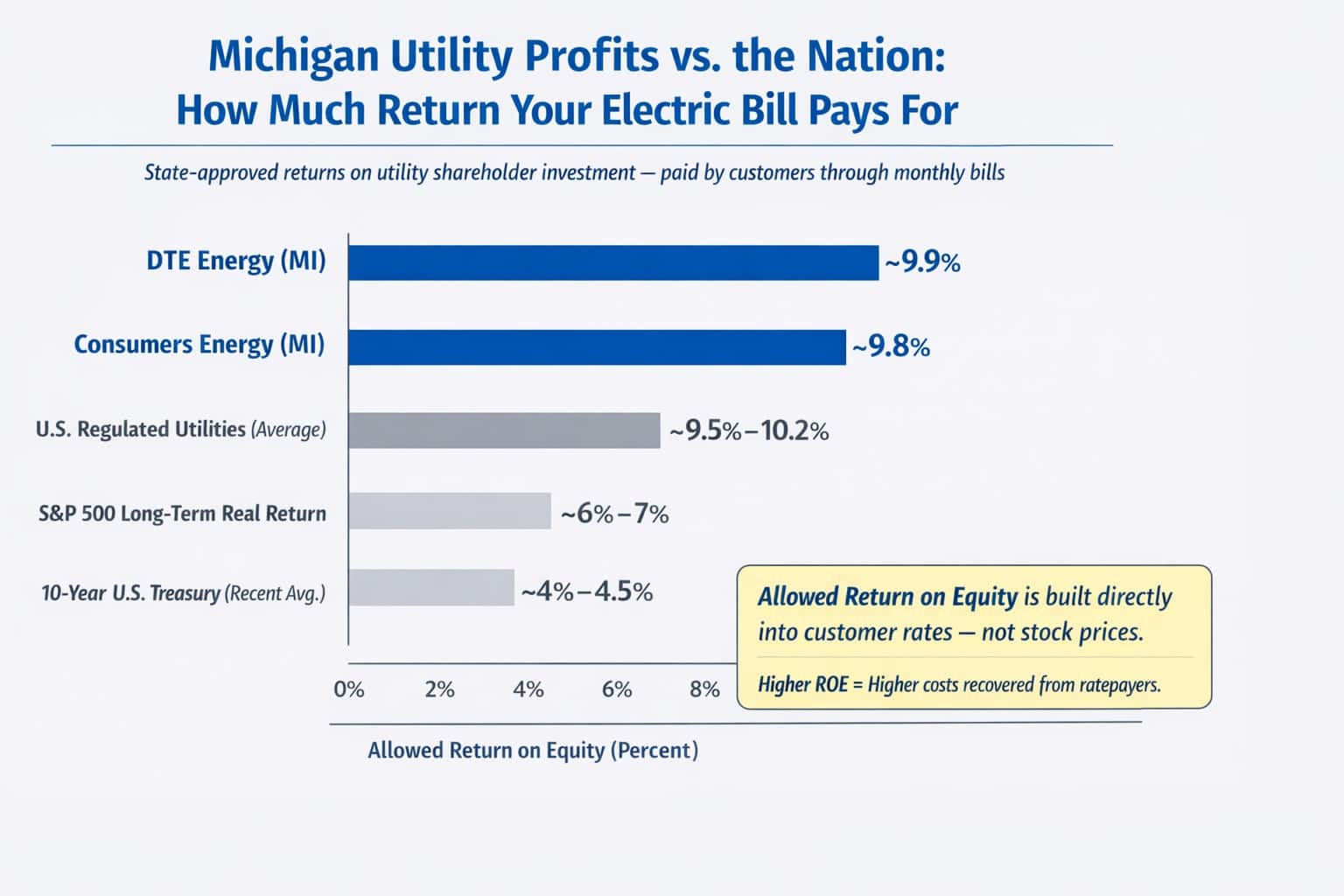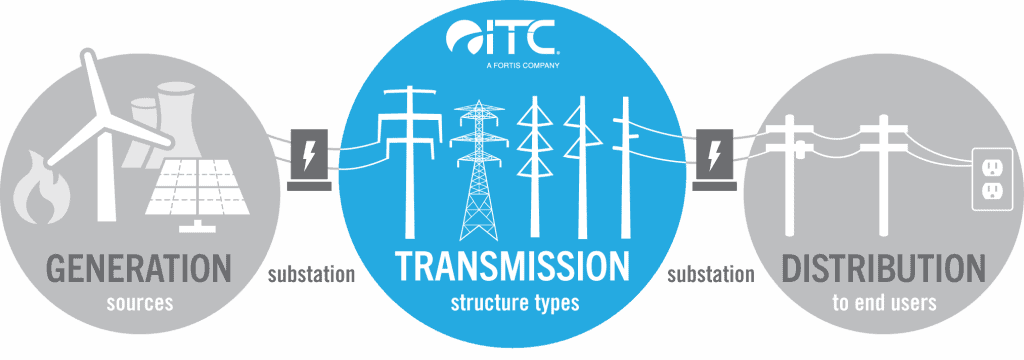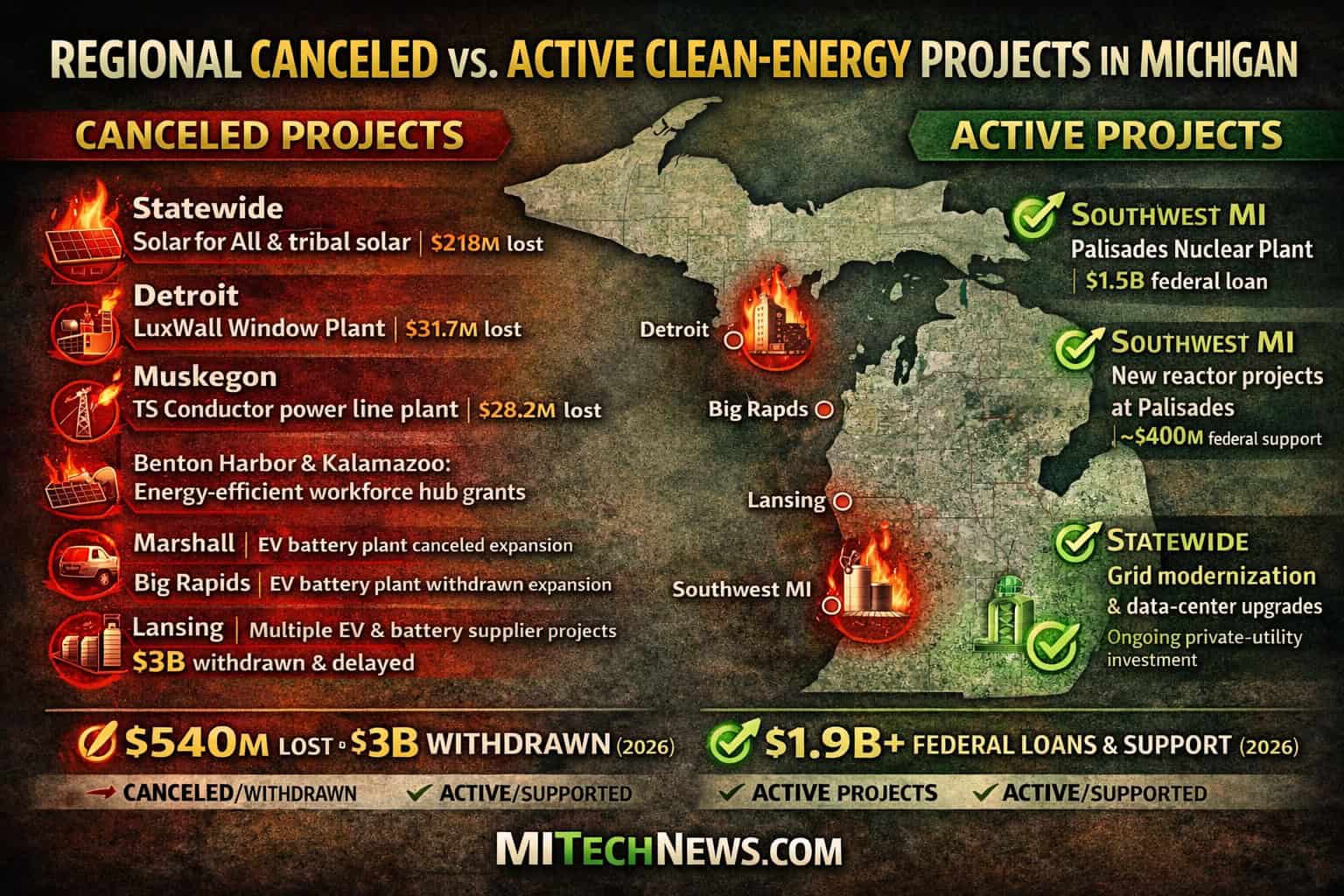LANSING – The Public Service Commission on Thursday issued a report showing its net metering and solar pilot program saw a 55 percent increase over 2011, with wind net metering following.
The report noted that the number of net metering customers increased from 1,015 in 2011 to 1,330 in 2012. The total size of the net metering program increased 55 percent to 9,583 kilowatts in 2012.
Under a net metering program, when customers produce electricity in excess of their needs, power is provided back to the serving utility, permitting the customer to receive a credit. The program was set up via PA 295 of 2008. Since then, net metering has increased by 1,277 customers, the commission said.
Solar was the most popular, with an additional 294 customer installations totaling 2,665 kilowatts in 2012; wind followed with 42 additional customer installations totaling 223 kW in 2012.
Also significant is the increase in Category 2 net metering customers, the commission said. Consumers Energy, DTE Electric and Thumb Electric Cooperative reported 19 customers participating in the Category 2 size range, compared to four customers in 2011. Category 2 projects are greater than 20 kilowatts and not more than 150 kilowatts.
By contrast, Category 1 projects – those up to 20 kilowatts – account for 84 percent of the total net metering program capacity, the report showed. The utilities host 81 percent of the statewide total net metering program capacity.
WISCONSIN ELECTRIC DEFERS CHOICE COSTS: The commission on Thursday granted Wisconsin Electric Power Company accounting authority to defer unrecovered costs of implementing customer choice, subject to certain limitations, as customers comprising 85 percent of its electric load have submitted enrollment forms to switch to choice service.
The company said that without approval of such a request, the expected reductions in sales in Michigan means the utility will no longer be able to recover the authorized costs associated with its Michigan operations from Michigan ratepayers, estimating a decrease of about 15 percent of projected energy sales otherwise.
While Michigan law governing choice sales generally provides that no more than 10 percent of an electric utility’s average weather-adjusted retail sales for the preceding calendar year may take service from an alternative electric supplier at any time, another subsection of that law essentially permits the Upper Michigan company to “purchase all or any portion of its electricity from an alternative electric supplier, regardless of whether the sales exceed 10 percent of the serving electric utility’s average weather-adjusted retail sales,” the commission said.
The commission said (Case No. U-17463) to be consistent with its regulation past, it would approve the filing by Wisconsin Electric in limited fashion, by authorizing the company to use deferred accounting only with regard to a portion of the production costs intended to be recovered through demand and energy rates applicable to energy sold to Michigan customers indicating their departure, according to a statement by the commission.
That will begin on a monthly basis in September. It will not affect current rates for customers.
DECREASE FOR CONSUMERS NATURAL GAS CUSTOMERS: The commission on Thursday also approved a settlement (Case No. U-17174) authorizing Consumers Energy Company to reconcile certain electric and natural gas utility residual balance amounts, enabling residential natural gas customers using 100 ccf of natural gas a month to see a decrease of $4.53 on their October bill.
Residential customers using 500 kilowatt-hours of electricity a month, however, will see an increase of 27 cents on their October bill.
HOME HEATING CREDIT DEADLINE: The September 30 deadline to apply for the state’s Home Heating Credit in 2013 (for tax year 2012) is approaching. The credit assists low-income people and qualifying senior citizens with winter energy bills.
Eligible customers must have their homestead in Michigan, must own or rent the home in which they live, and for the standard allowance, their income must fall within certain limits.
The limits are as follows: A maximum income of $12,299 for one exemption; $16,671 for two exemptions, $21,014 for three exemptions; $25,357 for four; $29,728 for five; and a maximum income of $34,071 for five exemptions. Special exemptions are available for the deaf, blind or those with a disability.
This story was provided by Gongwer News Service. To subscribe, click on Gongwer.Com






